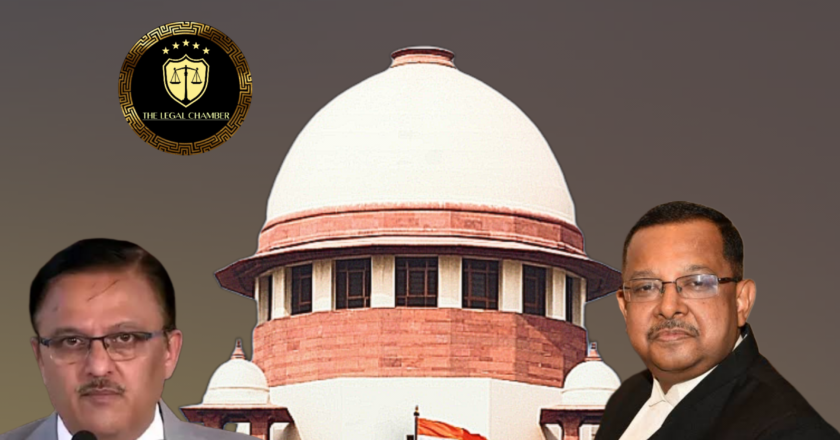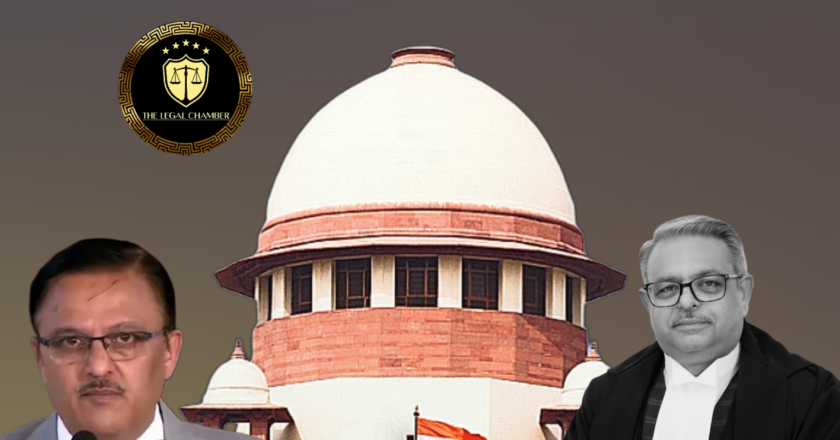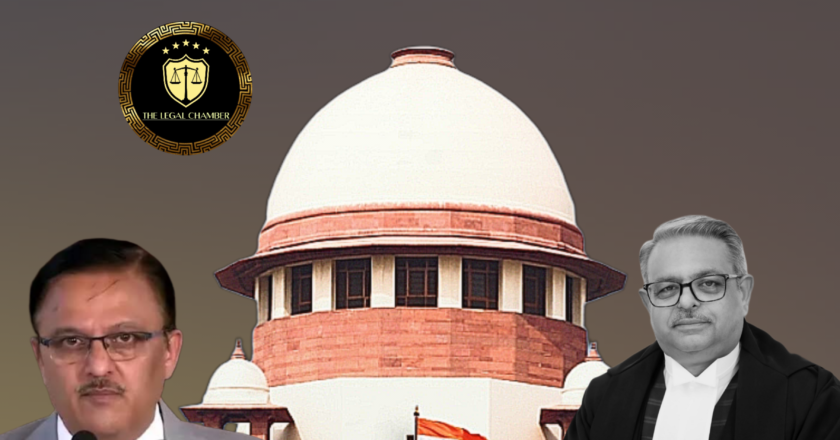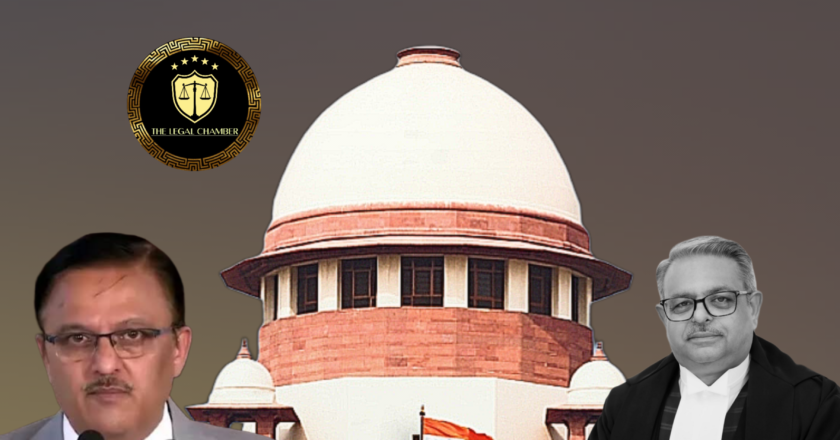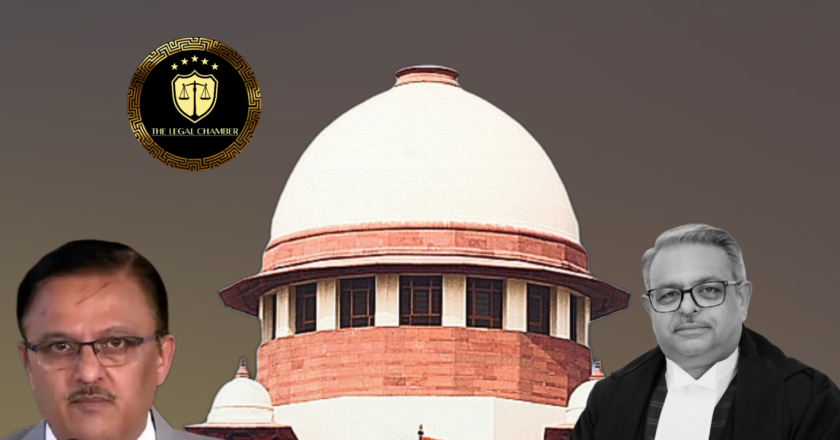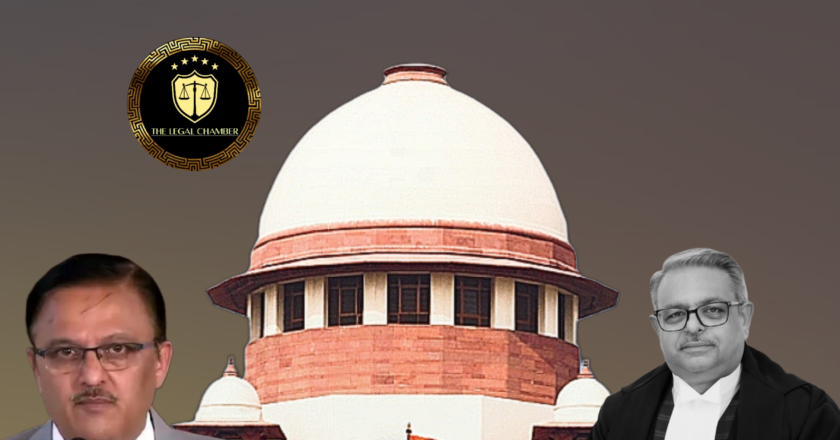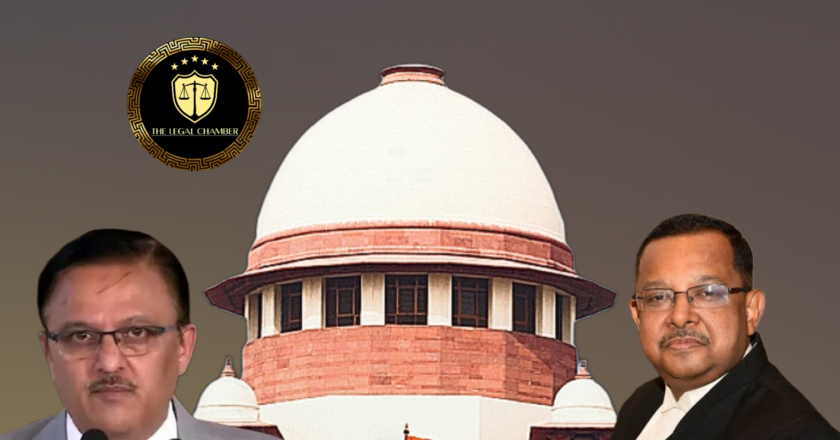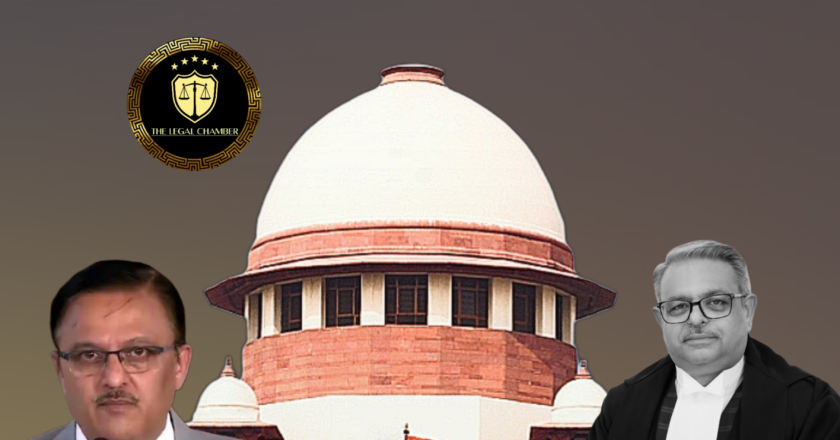Supreme Court Protects Victim’s Rights: No Jail for Accused in POCSO Case
The Supreme Court overturned a High Court ruling, reinstating convictions under the POCSO Act and IPC, emphasizing that Section 482 CrPC cannot quash serious offenses even with victim settlement. The Court underscored the State's constitutional duty under Article 21 and the JJ Act to protect and rehabilitate POCSO victims and their children.
Facts Of The Case:
The case involves a criminal appeal by the State of West Bengal against a Calcutta High Court judgment from October 18, 2023. The High Court had set aside the conviction of an accused person under Section 6 of the POCSO Act and Sections 363 and 366 of the Indian Penal Code (IPC). The Supreme Court, in a judgment dated August 20, 2024, set aside the High Court's impugned judgment and restored the Special Court's verdict of convictio...
